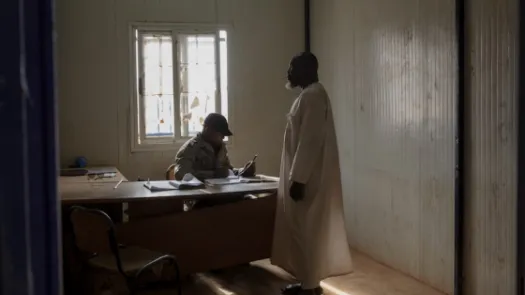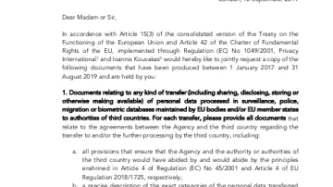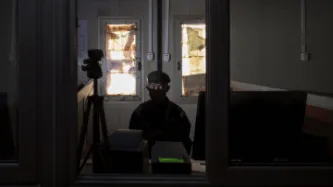Countries with the largest defence and security sectors are transferring legislation, capabilities, and practices to governments and agencies around the world, including to some of the most authoritarian countries in the world. The US, Germany, France, Russia, and the UK are all major providers of such security assistance, as is the European Union and other multilateral organisations. Similarly, China and Russia are both pursuing international security alliances with regional states. Such cooperation and assistance comes in four main forms:
- Direct equipping of military and security forces
- Training of military and security forces
- Financing of their operations and procurement
- Facilitation of exports of security and military equipment by industry (for example by arranging and underwriting deals).
As security increasingly means more surveillance, security assistance is spreading and intensifying surveillance around the world.
What is the problem
While such cooperation and assistance can strengthen security, it also risks facilitating gross abuses of human rights, reinforcing authoritarianism, undermining governance, facilitatating corruption, exacerbating tensions between communities, and equipping non-state actors. Security assistance is conducted without the levels of transparency and oversight required, while the few formal mechanisms aimed at limiting abuses are currently inadequate.
What is the solution
Security assistance needs to be reconceptualised to focus on the security of humans rather than states – meaning that it must be used to facilitate democracy and human rigths, and not undermine them.
PI believes that ensuring long-term security internationally and in authoritarian countries is best pursued by ensuring genuine democratic and accountable institutions and governments – something only possible through the fulfilment of privacy and other human rights. Journalists, activists, unions, lawyers, opposition groups and social movements rely on human rights protections such as privacy and freedom of expression to facilitate social and political progress. Failure by democratic States and institutions to protect these, or to be perceived as actively undermining them and supporting illegitimate or oppressive rulers, is a long-term security risk as well as a violation of fundamental rights.
What PI is doing
We are working to do three things:
- Bring greater transparency to its use by governments through our research and investigations
- Raise awareness about the privacy and security implications of security assistance and articulate a set of safeguards and oversight measures that are consistent with international human rights standards to policy makers
- Ensure legislation on security assistance and practice complies with international human rights standards, for example by ensuring that any surveillance capabilities that are provided are compliant with international human rights standards.



